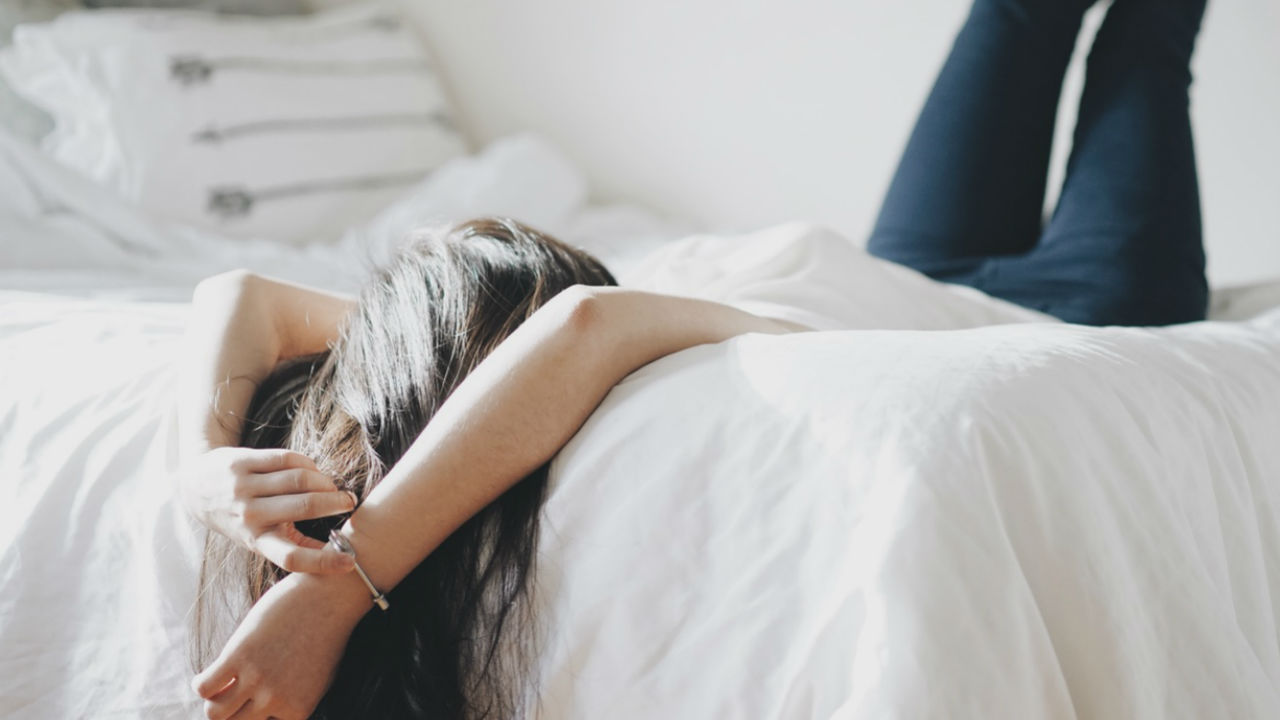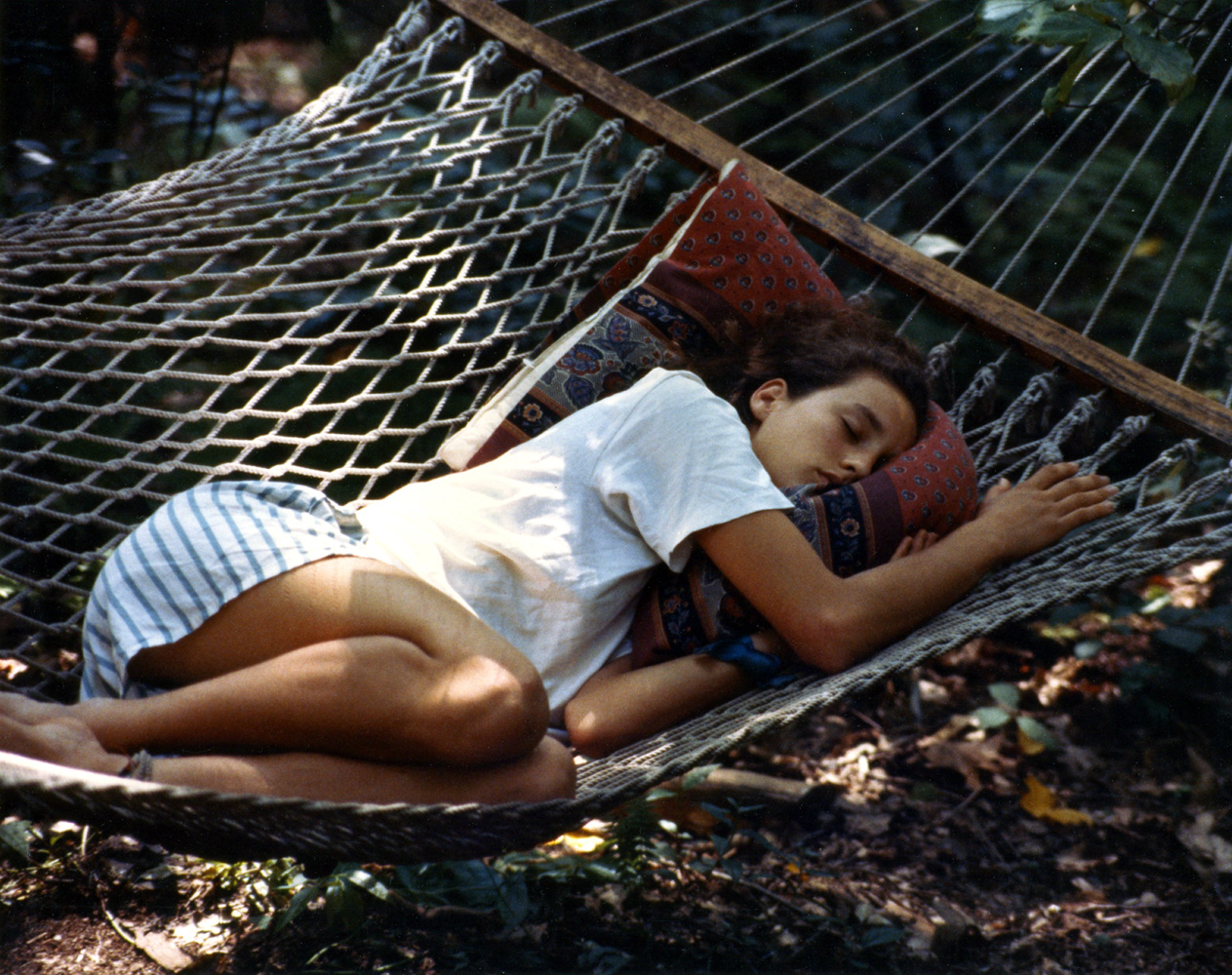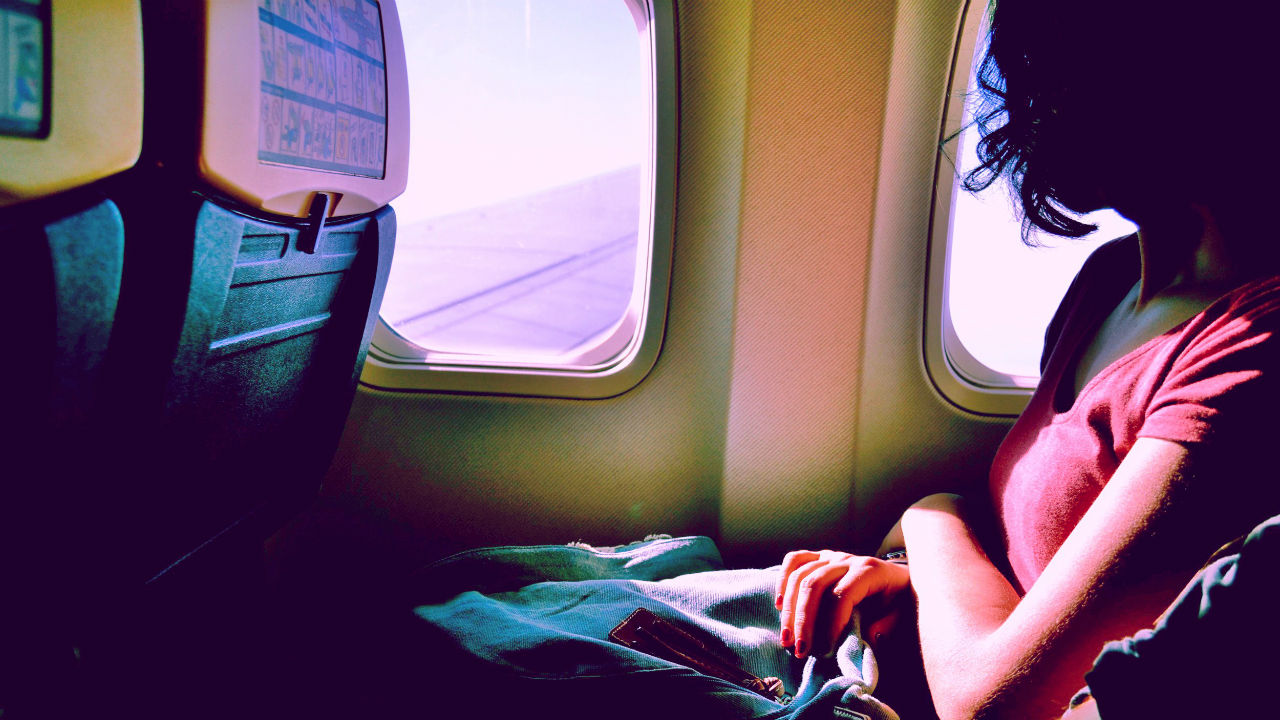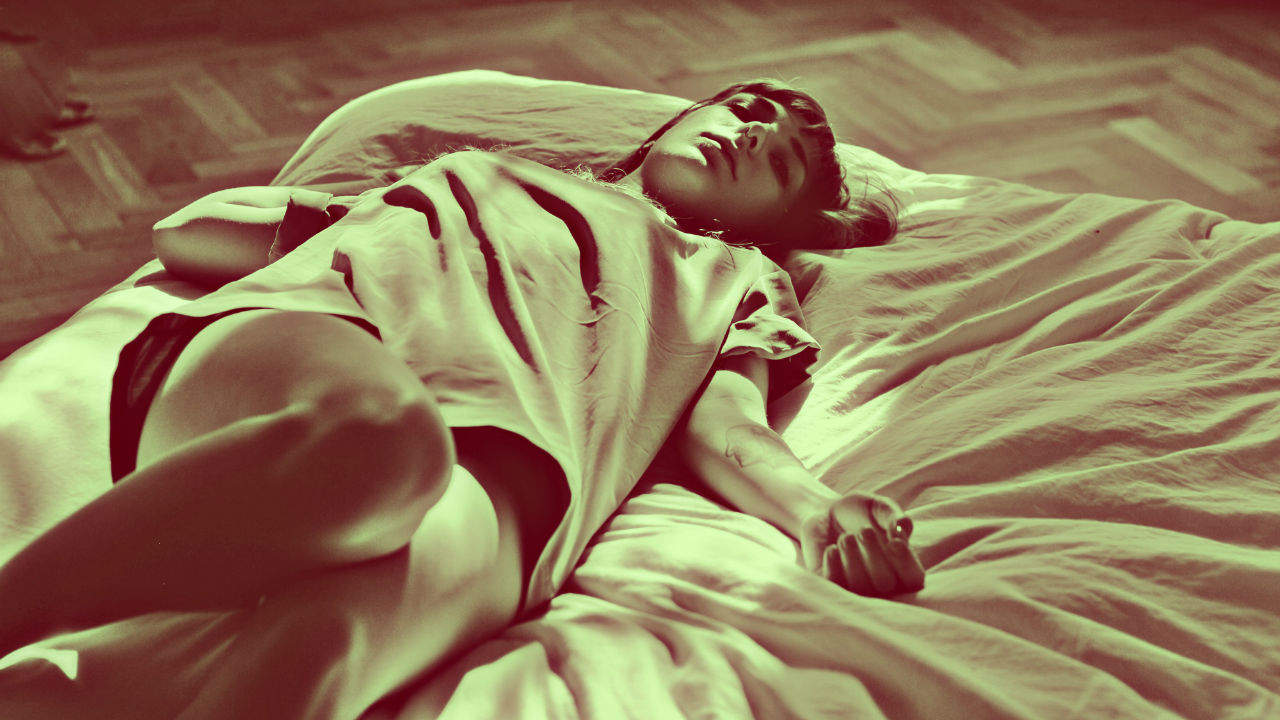You are not on any medications that interfere in sleep, and you do not have a medical or psychiatric condition that affects your quality of sleep.
So why are you having so much trouble getting a good night’s sleep? Certain lifestyle choices you may be making, such as having that cup of coffee at the end of the day, may be the cause of your insomnia.
Chemicals That Interfere With Sleep
Several different chemicals act as a stimulant, which can make it difficult for you to fall asleep. Some products that act as stimulants are obvious, such as drinks and food that contain caffeine — tea, soda, coffee and chocolate — and nicotine products like cigarettes.
But alcohol can also act as a stimulant. Harvard Medical School noted that “after a few hours it acts as a stimulant, increasing the number of awakenings and generally decreasing the quality of sleep later in the night.” So even though alcohol is a sedative, it can have negative effects on your sleep.
If you plan to use products with these chemicals, try limiting how much you use and when in the day. Harvard Medical School recommended stopping caffeine consumption four to six hours before going to bed, and stopping alcohol consumption three hours before going to bed. If drinking alcohol, limit the number of drinks to one to two a day.
Eating Too Much Late at Night
Eating a lot of food before going to bed may be the reason why you are not getting restful sleep. That large meal before bedtime may be affecting your sleep in two ways.
First, having too much food that late at night can make you feel uncomfortable when you are lying down. Second, late night eating may cause heartburn, in which food and acid flow up from the stomach into the esophagus.
So what should you do if you are hungry at night? Stick to lighter snacks instead of heavy ones, and avoid foods that have caused heartburn in the past. If possible, have dinner several hours before you plan to go to bed.
Not Getting Enough Exercise
Exercise is a great way to get a good night sleep, and not getting enough exercise may cause insomnia or make symptoms worse, according to MedlinePlus. B
ut while getting exercise in every day can help with your quality of sleep, exercising too late in the day may make it difficult to fall asleep. To get the sleep benefits from exercise, try finishing your workout three hours before you plan to go to bed, according to Harvard Medical School.
Working Late at Night
Late night work may be affecting your sleep cycle. Individuals who work either the late night shift or the early morning shift may have disruptions in their circadian rhythms, which affect the sleep-wake cycle.
While it may not be possible to change the time of day you work, you can improve your sleeping by taking your work out of the bedroom. For example, using your computer or smartphone may be keeping you up at night. Instead, keep work-related items out of your bedroom, and keep that room for sleep, not work.
References
Harvard Medical School. Twelve Simple Tips to Improve Your Sleep. Web. 28 February 2012
http://healthysleep.med.harvard.edu/healthy/getting/overcoming/tips
MedlinePlus Medical Encyclopedia. Insomnia. Web. 28 February 2012
http://www.nlm.nih.gov/medlineplus/ency/article/000805.htm
MayoClinic.com. Insomnia. Web. 28 February 2012
http://www.mayoclinic.com/health/insomnia/DS00187/METHOD=print
Reviewed February 28, 2012
by Michele Blacksberg RN
Edited by Jody Smith





Add a CommentComments
There are no comments yet. Be the first one and get the conversation started!